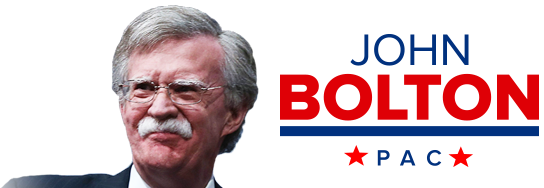In its typically authoritarian way, China (or, more accurately, its Communist Party) is commemorating the 80th anniversary of World War II’s end with a big military parade on September 3. The whole gang will be there to celebrate with Xi Jinping; Vladimir Putin and Kim Jung Un lead the guest list, but most Western nations will send only low-level representatives from their embassies. Nonetheless, Xi is basking in the moment.
Why then are former Victorian Labor Premier Daniel Andrews and former NSW Premier and federal Foreign Minister Bob Carr joining the festivities? Perhaps more importantly, are they travelling at the behest of the Albanese government, or with at least its tacit blessing?
More broadly, how should free countries and citizens respond to the propaganda exercises that authoritarian states regularly stage? We have seen enough such exercises over the past century to understand that more is at stake here than just watching a parade.
Remarkably, Carr justifies his travel to Beijing by asking, “Why shouldn’t I go and talk to two think tanks and talk up the commitment of the Australian government to the relationship, and to quote the prime minister himself?” Fair enough, but why not go on any of the year’s other 365 days to do exactly the same thing?
Andrews signed up Victoria for China’s Belt-and-Road Initiative in 2019, a decision later reversed by then-Prime Minister Scott Morrison. Belt-and-Road is central to Beijing’s ongoing “debt diplomacy” strategy, initially intended to snare unsuspecting Third World countries into apparently attractive financial terms for, say, infrastructure projects, but ultimately serving to strengthen Beijing’s grip on recipient-country economies and governments.
China’s real political objectives here certainly involve marking Japan’s 1945 defeat, but even that goal embodies a heavily slanted view of what actually led to victory. Scholars and political leaders have widely diverging views on how the respective Chinese combatants actually waged their side of the Sino-Japanese war, which effectively started World War II in the Pacific region. We can be sure that this week’s events will attribute China’s share of victory to Mao Tse-tung and the Communist Party, essentially ignoring the role played by China’s legitimate government under Chiang Kai-shek.
I acknowledge that this is a much-debated issue, but the weight of history suggests that Chiang’s Nationalist forces, inept and corrupt as they may have been, bore the brunt of main-force fighting – and the attendant casualties and destruction – against Japan. Communist efforts, by contrast, were largely guerilla actions against the Japanese, as often as not aimed at enhancing Communist efforts in the civil war with the Nationalists, after defeating Japan.
Legitimising the Communist view of World War II strengthens Xi Jinping’s regime internationally and with China’s own population. Domestically, it enhances Xi’s ability to stifle internal dissent not just about history, but also about current policy issues. We currently see a lot of rewriting of history underway, some of it in democracies, but that is no warrant to legitimise what Beijing has attempted to do with this and prior commemorations involving World War II, and much more.
Most importantly of all, China is concentrating on projecting its future leading international role through this celebration. It is no mistake that Beijing’s official list of attending heads of state, no honour roll of democracies, begins with Putin and Kim. This century’s main threat to America and its partners is the rapidly emerging axis between China and Russia, and their associated outriders like North Korea, Iran, and Belarus. It is no surprise, therefore, that the leaders of Iran and Belarus will also be attending.
As with so many Cold War-era parades through Moscow’s Red Square, this week’s parade through Tiananmen Square will doubtless showcase new and powerful Chinese weapons systems, including possibly missiles capable of reaching Guam. This is hardly a way to celebrate the restoration of peace after World War II, but that is obviously not what Xi is targeting.
Not only is China stressing its military might, but also its diplomatic and political clout, through consultations among Xi, Putin and Kim, and a meeting of its Shanghai Cooperation Council, which includes Russia, India, Pakistan and Iran. India’s Prime Minister Modi is a particularly significant catch for Xi, a leader now shunned by the Trump administration.
In free societies, dissent is admirable. There will be no dissent in Beijing this week. The entire event is intended to advance, legitimise and normalise both the Communists’ official history and to presage the future. Andrews and Carr should reconsider their decisions to attend, as should other present or former officials of the very nations China and its allies threaten. That is not too much to ask.
This article was originally posted on September 1, 2025 by the Australian Financial Review. Read the original article here.


